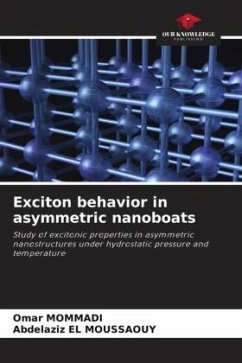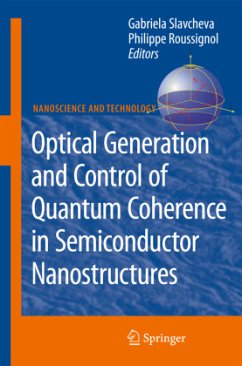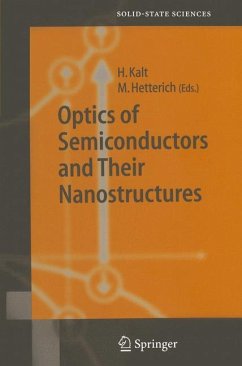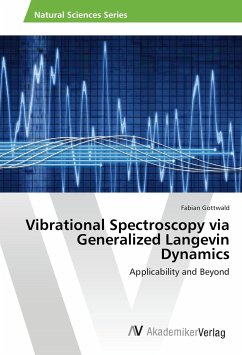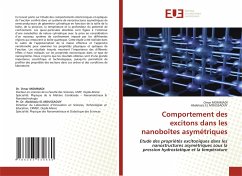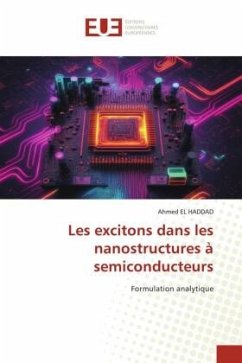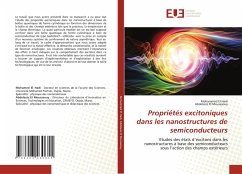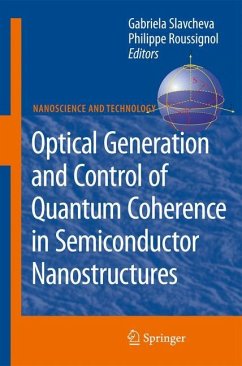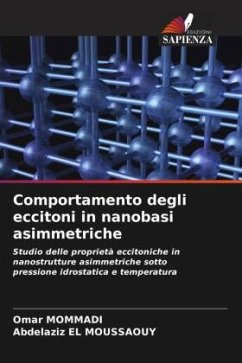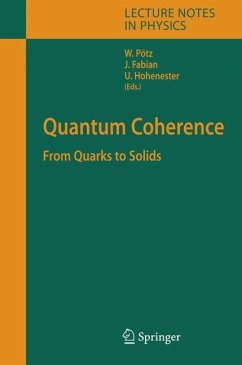
Highdimensional Exciton Dynamics in Photosynthetic Complexes
Exciton-Vibrational Dynamics in the FMO Complex
Versandkostenfrei!
Versandfertig in 6-10 Tagen
33,99 €
inkl. MwSt.

PAYBACK Punkte
17 °P sammeln!
Photosynthetic processes are among the most elementary mechanisms in nature and the basis for the existence of living organisms on earth. As a result of intense studies it appears that the sophisticated processes of photosynthesis can be expressed as an interplay of a few types of molecular complexes with individual properties. The complexes which are highly involved in the light reaction mechanisms can be characterized by so called light-harvesting antenna complexes, such as the light-harvesting-complexes one and two (LHI and LHII), the reaction center which converts the optical excitation in...
Photosynthetic processes are among the most elementary mechanisms in nature and the basis for the existence of living organisms on earth. As a result of intense studies it appears that the sophisticated processes of photosynthesis can be expressed as an interplay of a few types of molecular complexes with individual properties. The complexes which are highly involved in the light reaction mechanisms can be characterized by so called light-harvesting antenna complexes, such as the light-harvesting-complexes one and two (LHI and LHII), the reaction center which converts the optical excitation into usable energy for the living cells and the linker complexes which connect both very efficiently. The focus of this book relies on the investigation of excitation energy transfer (EET) within such linker molecular complexes. More precisely, the role of exciton-vibrational coupling on the EET within the Fenna-Matthews-Olson (FMO) complex is explored by means of the explicit wave packet propagation method multilayer multi-configuration time-dependent Hartree (ML-MCTDH).



